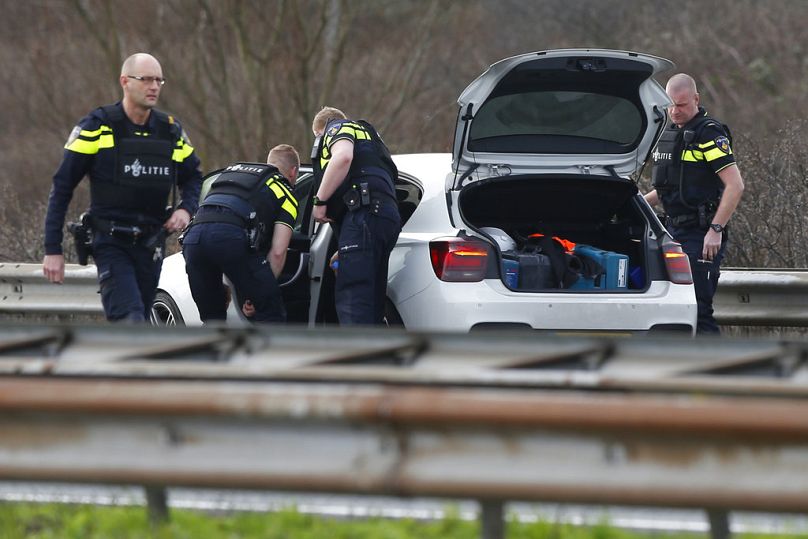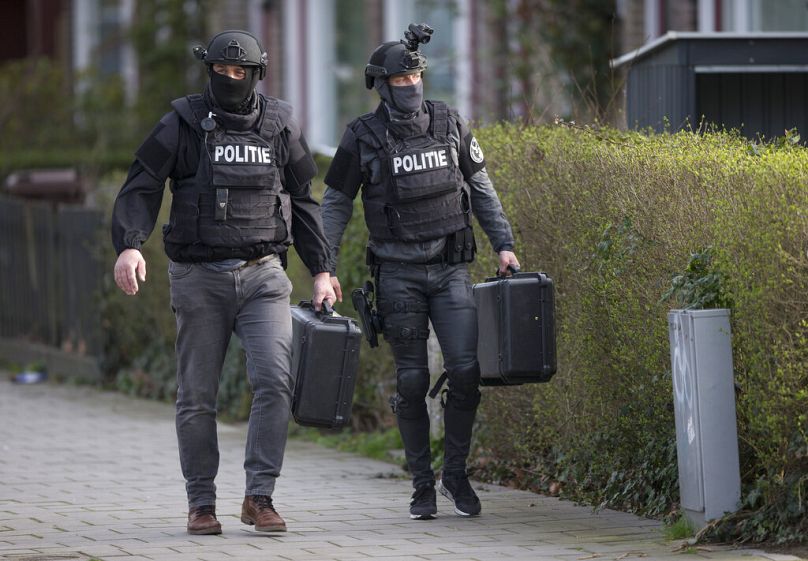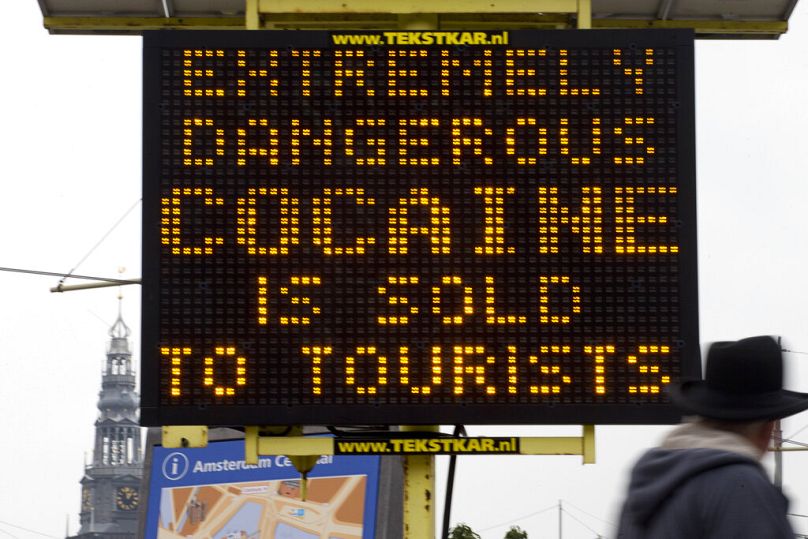The new Benelux Police Treaty, which entered into force on 1 October, has given law enforcement in all three countries a plethora of cross-border instruments, making it the finest tool in the fight against organised crime in Europe, Frans Weekers and Jochen Stöger write.
Crime is on the rise in the Benelux countries. Especially in the big port cities of Rotterdam, Amsterdam and Antwerp, which are increasingly facing drug-related criminal violence.
 ADVERTISEMENT
ADVERTISEMENT
 ADVERTISEMENT
ADVERTISEMENT
This year alone, there have been more than a hundred cases of criminal violence, where explosives have been used in the region of Rotterdam.
The latest trends in Antwerp are just as alarming, with some authorities speaking of narco-terrorism. Criminal organisations are using the upper world for their underworld activities, deliberately using borders to stay under the police radar.
There is a growing awareness in the Benelux countries, that common problems are best addressed by joint action.
Therefore, the Benelux partners are stepping up their cooperation to fight crime. An important new instrument to do so is the new Benelux Police Treaty, which entered into force on 1 October.
This treaty is a joint response to the growing problem of crime and will further improve cooperation between the police forces of Belgium, the Netherlands and Luxemburg.
Helping police do their job
The mission of the Benelux is to strengthen cross-border cooperation, remove border barriers and act as a good example to the EU.
The Police Treaty covers all of these elements: it removes border barriers and makes police cooperation between the three countries better and simpler, more effective and efficient, and in certain areas, it creates one common Benelux territory.
This has the potential to be the finest, most far-reaching police treaty in Europe. Not only does the Benelux think it, but it was also the conclusion of the Schengen Evaluation on police cooperation which was published in 2022.
The police cooperation treaty goes beyond Europe, too, since there is nowhere else in the world where three sovereign states grant each other such powers on their own territory.
And that is an expression of the mutual trust our countries have built up over several decades. Rather than being afraid of losing a part of their independence, the three countries see that through this cooperation, their capacity to act increases.
The treaty is changing the rules of the game, creating a level playing field and helping the police forces to do their job.
The treaty takes police cooperation to a new level
Thanks to the treaty, there are several important and interesting new opportunities regarding cross-border action.
For example, in previous situations, it would sometimes be unclear whether the police could cross the border for a hot pursuit or not — now, this barrier has been completely removed.
This means that a pursuit initiated on national territory may be continued on the territory of another treaty party.
Hot pursuit is sensitive in the EU and in the rest of the world, so the fact that it becomes effectively barrier-free in the Benelux illustrates the mutual trust between the three countries.
A second important innovation is the regulation of cross-border deployment of special units in three situations: in an acute crisis situation on their own initiative, as assistance on request or during a pursuit that involves crossing the national border.
The treaty also provides an explicit basis for securing and escorting a person or a group of people and transporting goods on Benelux territory, including with armed officers. Furthermore, there is an arrangement for escorting VIPs.
There are strict rules regarding the carrying of weapons on each other's territory, but as a result of special agreements, the necessary flexibility is built in.
This can be useful during international exercises and training and when police forces have planned in advance to use the right of way. Outside of the Benelux, the three countries are enabled to step up their cooperation thanks to a global network of police liaison officers.
Besides cross-border action, the treaty also regulates improved information exchange between Belgian and Dutch police forces: paramount to cooperatively fighting organised crime.
New possibilities aplenty
There are three new possibilities that deserve to be mentioned: the treaty enables consultation of databases accessible to the police during mixed patrols and joint checks, as a smooth flux of information is important when police officers from different Benelux countries carry out actions together.
For example, during a mixed action, this arrangement would allow a Belgian police officer as a co-driver in a Dutch police car to view relevant Dutch data via the onboard computer, such as checking whose name a particular vehicle is registered under.
Furthermore, the exchange of reference lists for Automatic Number Plate Recognition (ANPR) cameras is regulated.
This is an important tool in a variety of police tasks, ranging from counter-terrorism to targeted, information-driven actions in tackling drug smugglers and gangs of thieves.
Lastly, information exchange in the context of the administrative approach to organised crime will become possible. After the adaptation of national legislation in Belgium, the police will be allowed to provide relevant information to (local) authorities in the context of fighting organised crime.
This will become an important part of an international integrated approach. As an example, the mayor of Maastricht will soon be able to prevent multiple offenders with only a Belgian criminal record from opening a nightclub in his city, which he was not able to prevent before.
Cooperation is bound to pay off
A second tranche of implementation agreements will follow later, which will create new opportunities for cross-border investigation, direct access to each other's police databases and other databases accessible to the police, such as population registers.
In summary, the treaty is an important tool in the fight against organised crime.
It makes police cooperation more effective and efficient. It offers new opportunities for both cross-border action and, importantly, information exchange. In these areas, and in striking back against organised crime, the Benelux is a frontrunner in Europe.
Frans Weekers is the Secretary General of the Benelux Union, and Jochen Stöger serves as Policy Advisor at the General Secretariat of the Benelux.
At Euronews, we believe all views matter. Contact us at view@euronews.com to send pitches or submissions and be part of the conversation.













